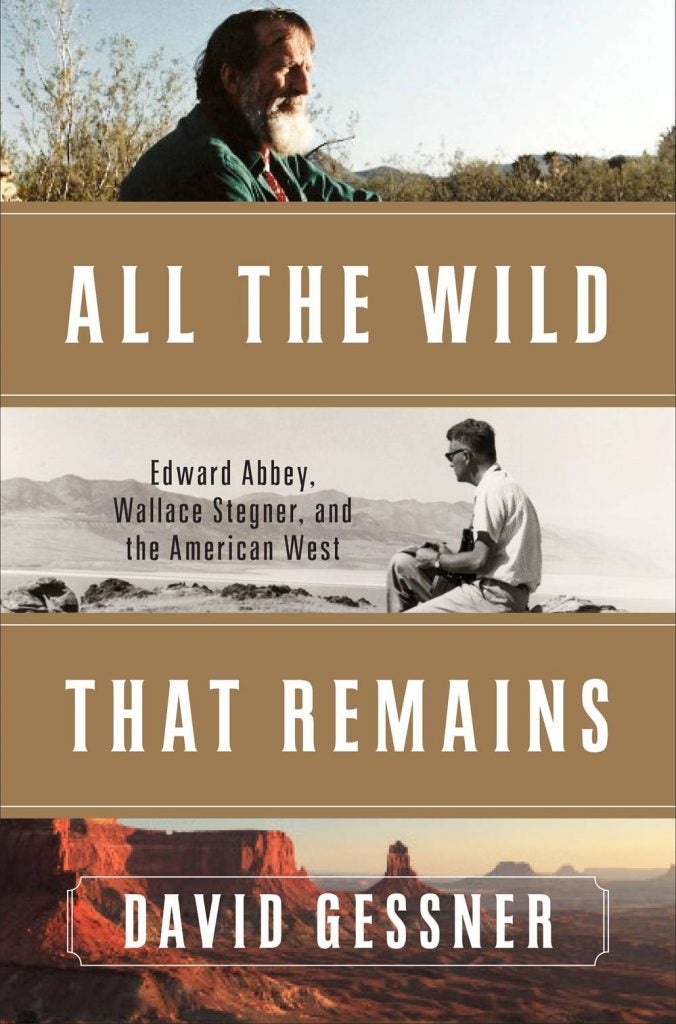Majeed Cares: On Giving a Damn
“It feels impossible to talk about race or other kinds of difference,” wrote Roxane Gay recently in the New York Times Sunday Review. “But if we don’t have difficult conversations, we will be able to reconcile neither this country’s racist past nor racist present.” This is a refrain we read and hear so often these days, and yet, the conversations remain hard in coming. Faheem Majeed, in his first solo show at the Museum of Contemporary Art in Chicago this year, is a notable example of conversation between artist, curator, and museum institution that seeks to expand that conversation with a wider viewing public.
Majeed Cares: On Giving a Damn Read More »
“It feels impossible to talk about race or other kinds of difference,” wrote Roxane Gay recently in the New York Times Sunday Review. “But if we don’t have difficult conversations, we will be able to reconcile neither this country’s racist past nor racist present.” This is a refrain we read and hear so often these days, and yet, the conversations remain hard in coming. Faheem Majeed, in his first solo show at the Museum of Contemporary Art in Chicago this year, is a notable example of conversation between artist, curator, and museum institution that seeks to expand that conversation with a wider viewing public.






